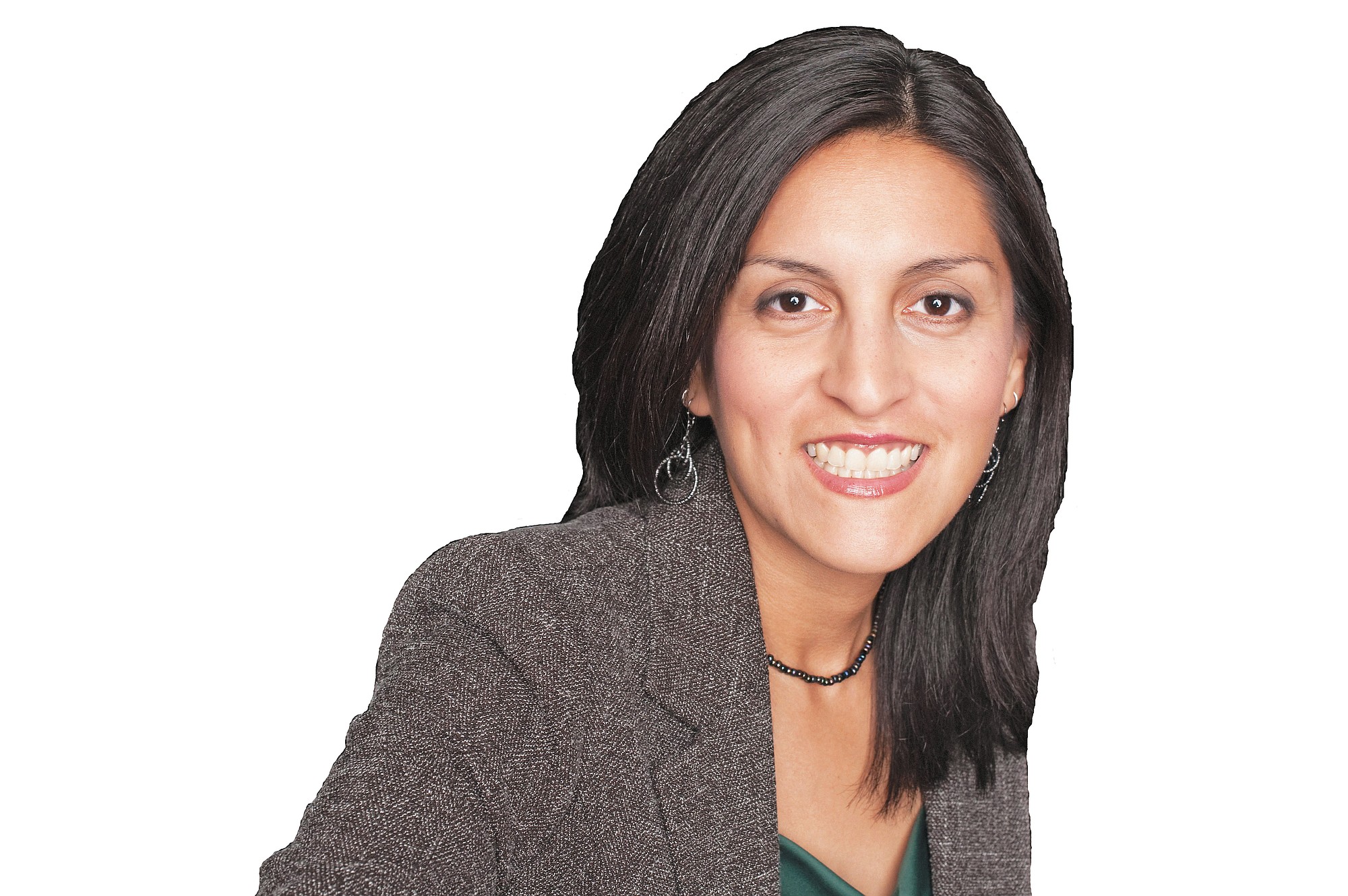It’s been more than a year since Paul Tough’s best-selling book “How Children Succeed: Grit, Curiosity and the Hidden Power of Character” revolutionized how we think of achievement.
Today, the author is still in demand as crowds of advice-hungry parents search for tips on how to build their child’s character and chances for success.
In the auditorium of a posh high school in the north suburbs of Chicago, a packed house of well-heeled moms and dads recently braved blizzard conditions to hear the lanky, affable Tough describe some of the scientific experiments leading to his belief that it is not innate ability, IQ or affluence that determines a child’s ability to succeed in school and beyond.
Well-cultivated skills such as perseverance, curiosity, conscientiousness, optimism and self-control — which Tough rolls into the catchall term “grit” — are what he calls the ultimate keys to achievement.
Tough deviated from his book’s specific conclusions to address the question on the mind of every parent familiar with his character-based formula for success: “How do I make my kids more gritty?”
“I think a lot of people fear that the message of the book is that it’s only the kids who have to change but not the system, that if kids want to get out of poverty, they just need grit and that’s it,” Tough told me after his speech. “They might be understandably anxious that lacking ‘grit’ is really just a substitute for character flaws, which is not the case.”
But there has been an overwhelming embrace of Tough’s radical stance that intelligence alone is not necessarily the key to academic and career success. It has taken root everywhere from community-based book clubs and school district professional development sessions across the country to the U.S. Department of Education.
Tough’s teachings have especially struck a chord with business leaders and labor policy wonks who have taken his ideas and woven them into their vision of our future workforce.
“There’s just this increasing body of evidence and awareness about how traits such as resilience, zest, optimism, self-discipline and conscientiousness affect success,” Tough said. “And I’ve noticed that business people caught on sooner than academics or educators that these character strengths really matter, that these are not just slogans, but that these skills really do matter in quantifiable ways in child development, in education and in the workplace.”
Not too late to learn
Economist Tyler Cowen says as much in his new book, “Average Is Over: Powering America Beyond the Age of the Great Stagnation,” which predicts that winners in the future economy will be those who can learn, make the most of new technologies and be reliable.
“Conscientiousness is especially valuable,” Cowen writes. “Most health care workers are not doctors, and many of them aren’t geniuses. Nonetheless, you want to make sure these workers wash their hands when necessary, write down the correct information on the patient’s chart and measure the lab quantities correctly. Again that’s conscientiousness . . . namely whether the worker can follow some straightforward requests with extreme reliability and basic competence.”
Cowen’s short list of important characteristics in technologically advanced modern workplaces are exactness of execution, consistent coordination over time and high morale — qualities very similar to how Tough describes character.
Instilling these traits in children, students or even employees — it’s never too late to build character, Tough says — isn’t necessarily easy. But he suggests that modeling these traits, discussing them with others and thinking about our own character is a good start.
Do you believe that hard work is the answer to your most difficult challenges? Do you ache to learn? Can you finish what you started? Are you thorough? Curious? Think carefully. Your answers will determine how you — and your children — will fare in tomorrow’s economy.
Esther Cepeda is a columnist with the Washington Post Writers Group. Email: estherjcepeda@washpost.com.



